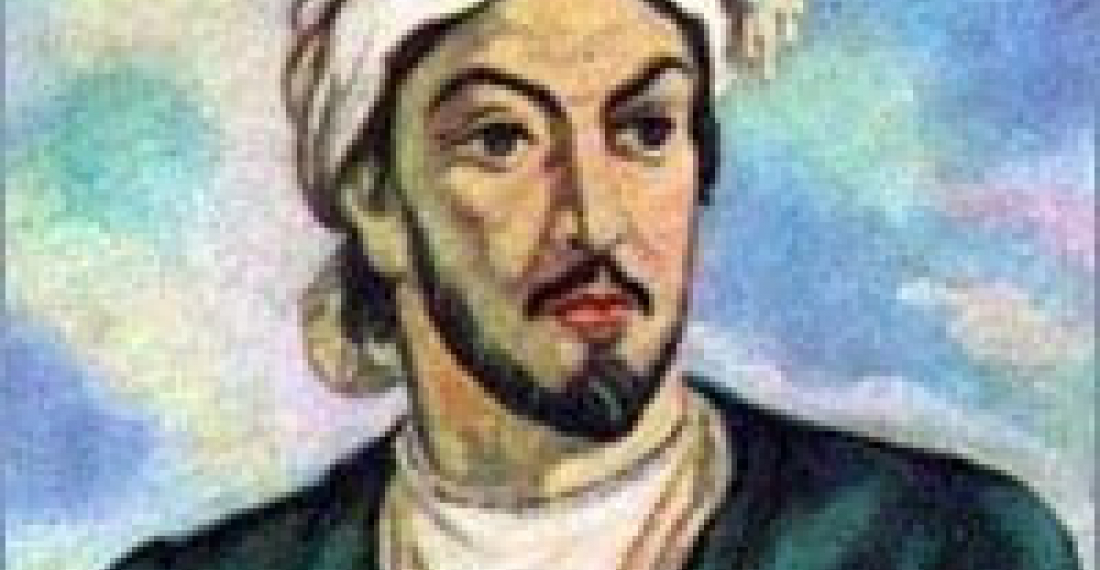Ramazan Samadov says that Nasimi's ideas of free spiritual choice and principle of universal love guided the poet towards tolerance, looking beyond boundaries. The "year of Nasimi" will provide an excellent opportunity for his poems and messages to be enjoyed and appreciated.
2019 will be "the year of Nasimi" in Azerbaijan. President Ilham Aliyev announced this recently to the delight of many Azerbaijanis who value and honour the memory of the great poet and philosopher Imdaddin Nasimi, whose 650th birth anniversary is marked this year
Imadaddin Nasimi was born in Shamakhi, once one of the key towns on the Silk Road. He received his early education in Shamakhi, and afterwards he studied science, theology, logic, mathematics and astronomy, and soon he also he became a student of Hurufism (a Sufi doctrine) learning under the poet and philosopher Fazlullah Naimi.
Nasimi was the most influential advocate of Hurufism. The poet's Sufi poetry has made a significant impact on the development of the poetic language of Turkic Azerbaijani, as well as Arabic and Farsi.
The ideas of free spiritual choice and principle of universal love guided the poet towards tolerance, looking beyond boundaries. Seeking the image of God hidden in every single human being has been put as poems by Nasimi way before it was also done so by Immanuel Kant. His perseverance, moral fortitude, along with the sophisticated interplay of crystal clear language, and acutely abstract and hermetic imagery, has made this personality one of the most prominent figures in poetry.
His most cited line in Azerbaijan is the following:
"Məndə sığar iki cahan, mən bu cahana sığmazam
Gövhər-i la-məkan mənəm, kövn ü məkana sığmazam."
"Both worlds can fit within me, but in this world I cannot fit
I am the placeless essence, but into existence I cannot fit."
"Eshq (eşq)" is a very common word in Azerbaijan, and is of Arabian origin, which means "universal love". (Eşq) has neither romantic, not sexual connotation. It can be aesthetic, though. Nasimi used the phrase "eşq" in almost all his poems.
During the period when Hurufities were subjected to serious pressure from Amir Timur, Nasimi left Azerbaijan and was forced to live in Iraq, Turkey and Syria. In 1417, he was skinned alive in Aleppo for his liberal religious convictions.
Nasimi is venerated in the modern Republic of Azerbaijan, and one of the districts of the capital city, Baku, bears his name. There is also a monument to him in the city, sculpted by T. Mamedov and I. Zeynalov in 1979. Furthermore, the Institute of Linguistics of the Academy of Sciences of Azerbaijan is named after him, and there was also a 1973 Azerbaijani film, Nasimi made about him.
"The year of Nasimi" will provide an excellent opportunity for Azerbaijanis, and for all lovers of poetry worldwide, to appreciate more the work of Nasimi, and the values of love that he preached through his poetry.
Ramazan Samadov is an Azerbaijani intellectual living in Europe. He contributed this op-ed to commonspace.eu







